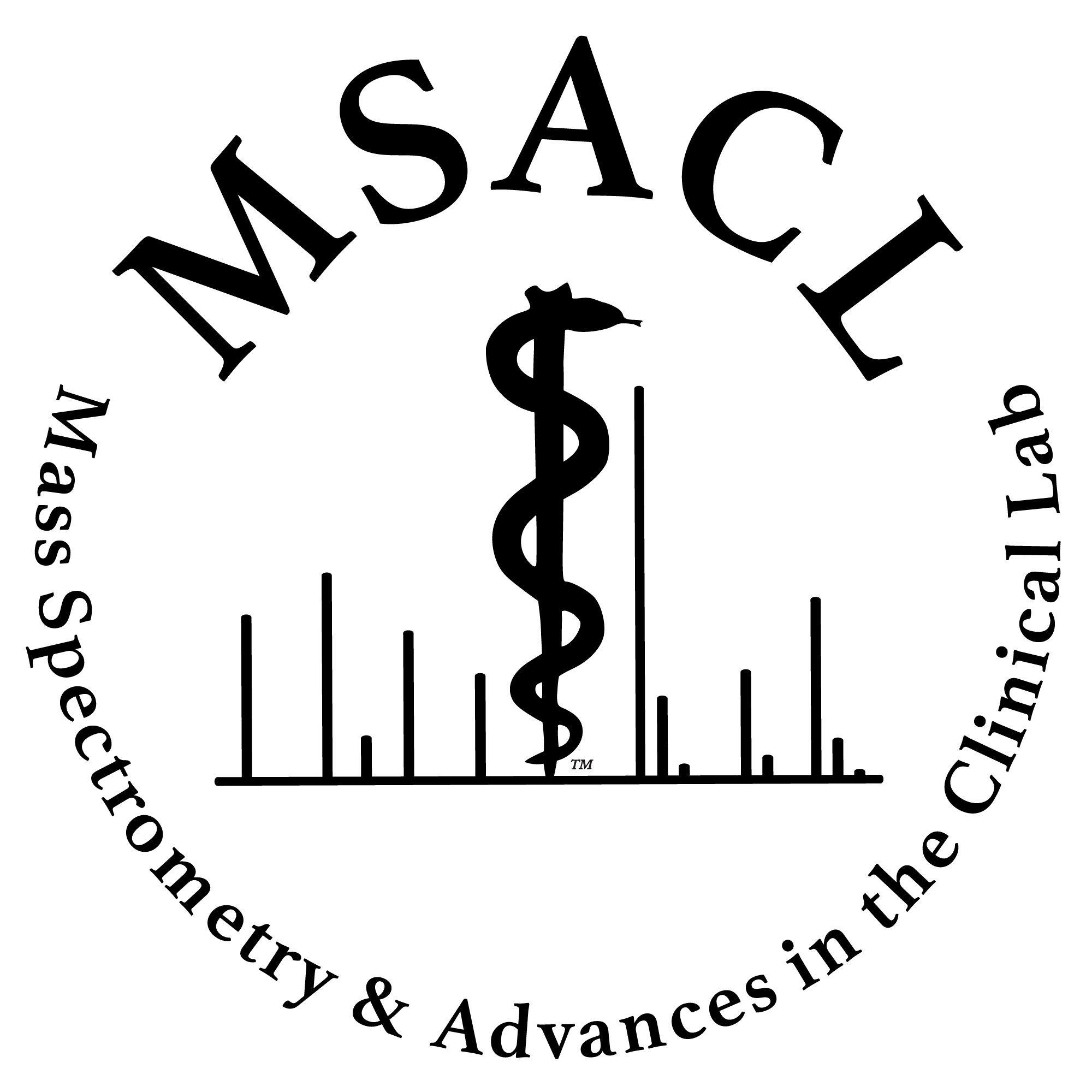MSACL 2024 Abstract
Self-Classified Topic Area(s): Practical Training > Practical Training > none
|
|
Podium Presentation in Colton on Thursday at 14:45 (Chair: Jacqueline Hubbard)
 Practical Guidance and Examples of Automated Liquid Handling for LDT Mass Spectrometry Assays Practical Guidance and Examples of Automated Liquid Handling for LDT Mass Spectrometry Assays
Kelly Doyle
(1) University of Utah, Salt Lake City, Utah (2) ARUP Laboratories, Salt Lake City, Utah

|
Kelly Doyle, PhD (Presenter)
University of Utah Health / ARUP Laboratories |
|
Presenter Bio: I am a board certified clinical chemist (DABCC) with research and clinical interests in mass spectrometry, pediatrics, endocrinology, and toxicology.
I am fortunate to be engaged in clinical service and education. I enjoy collaborating on laboratory processes optimization, development of robust methods, and in efforts focused on improving patient care.
I received a Ph.D. in Medicinal Chemistry and completed a ComACC accredited fellowship the Department of Pathology at the University of Utah School of Medicine in Clinical Chemistry. |
|
|
|
|
Abstract Session Description
Improved efficiency, reproducibility, and accuracy make automated liquid handling platforms (ALH) increasingly popular for laboratory developed tests in mass spectrometry laboratories. ALH systems can automate simple tasks like liquid dispensing or can be deployed for full sample cleanup and preparation. Historically, ALH programming and method development were significant deterrents for laboratories wanting to implement ALHs. However, improvements around user-friendly interfaces with drag and drop programming, varying footprints with varied capabilities, and configurable deck layouts have made the technology more approachable.
This presentation will discuss considerations in choosing an appropriate ALH to fit assay needs, thoughts for developing and validating an ALH method, practical guidance on monitoring system performance, and suggestions on ways to simplify troubleshooting.
Take Home Pearls
1. Learn about selecting an ALH system and how to avoid common mistakes in setting up the system.
2. Understand validation principles to ensure method appropriate performance and robustness.
3. Gain practical knowledge in how to monitor system performance and to simplify troubleshooting.
|
|
Financial Disclosure
| Description | Y/N | Source |
| Grants | no | |
| Salary | yes | |
| Board Member | no | |
| Stock | no | |
| Expenses | no | |
| IP Royalty | no | |
| Planning to mention or discuss specific products or technology of the company(ies) listed above: |
no |
|

